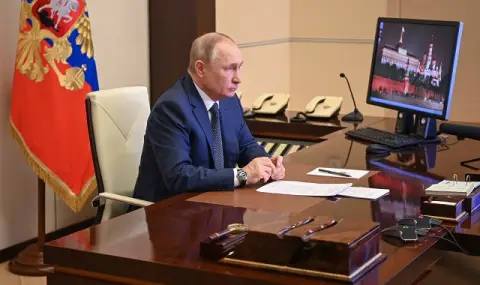Russian President Vladimir Putin reminded prosecutors that seizing assets and turning them over to state ownership is justified only in cases where inaction could threaten Russia's national security, reports "Reuters".
Over the past two years, many assets in Russia have changed hands. Hundreds of foreign companies have left the country since Moscow sent troops into Ukraine in February 2022, in some cases selling off their assets at low prices to local leadership.
Moscow took temporary control of assets owned by several Western companies, such as Fortum, Carlsberg, OMV and Uniper.
The number of cases in which prosecutors are seizing assets through the courts, including those related to the Russian defense industry, has increased, some involving privatizations some 30 years old.
In March, Russian courts transferred to the state strategic enterprises and assets worth more than 1 trillion rubles ($10.9 billion), Prosecutor General Igor Krasnov reported at the time.
"Law enforcement agencies have recently started a number of cases to return some assets to the state," Putin noted at a business forum in Moscow.
"I want to emphasize: we are not talking about a revision of privatization, but about cases when the actions or inaction of the owners of enterprises and property complexes cause direct harm to the country's security and national interests. The seizure of the business is justified only in the situation I have just described," he stressed.
State property was massively auctioned off in the 1990s as so-called oligarchs amassed vast fortunes, creating a huge gap between the ultra-rich and ordinary Russians.
While some of these deals may have occurred without state control, Putin has said that a review of the deals from that time is not necessary if the business is operating successfully.
"Claims against current asset owners are inappropriate, especially for those who are operating successfully, solving social issues and helping to ensure national security," he pointed out.
Meanwhile, the finance ministry has listed around 30 companies in which the state could reduce its stake while retaining a controlling stake, as it seeks to encourage more local private investment and increase budget revenue.
